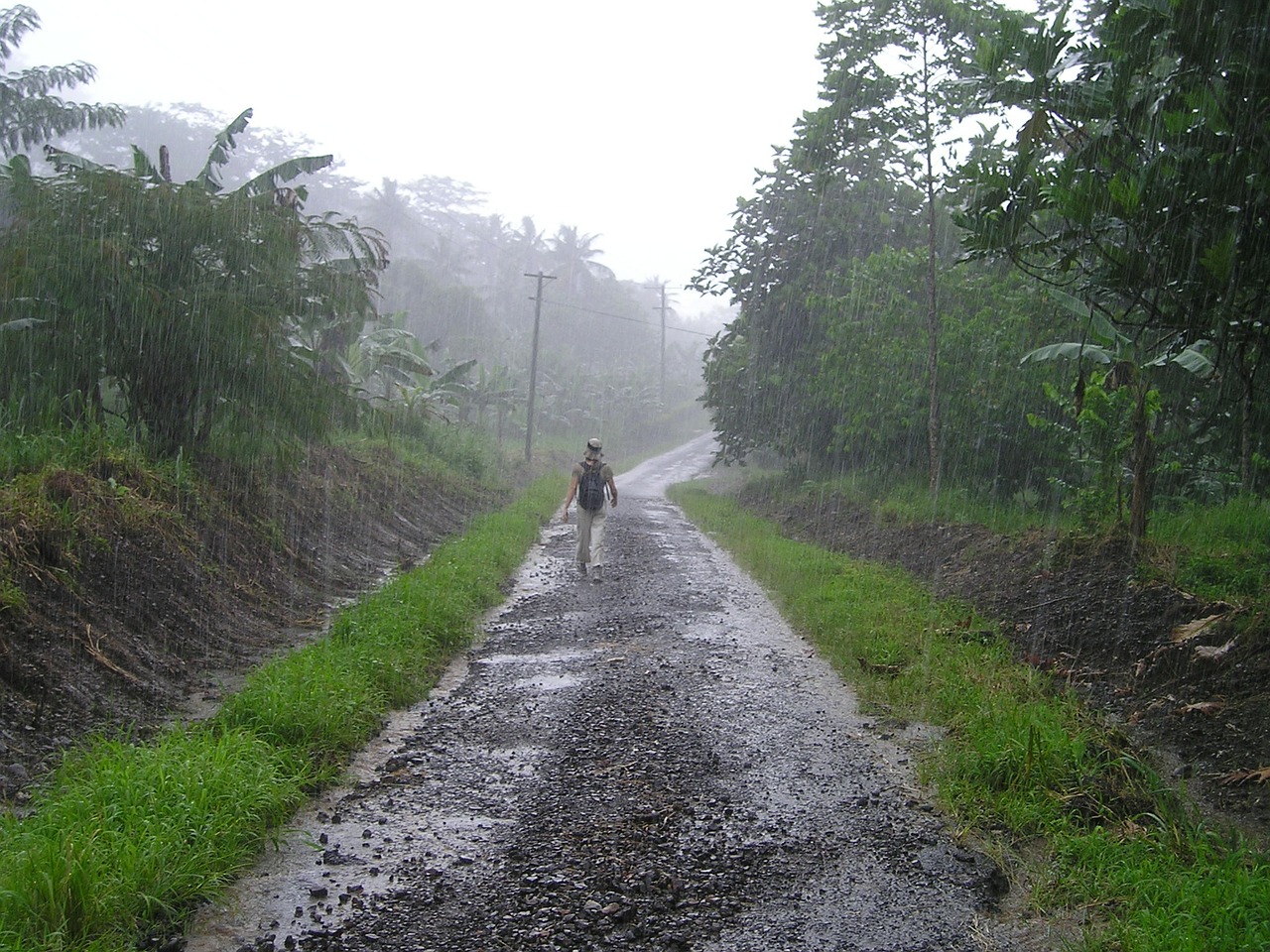
Scientists Unravel Mechanism of Stress Tolerance in Tomato
- News
- 2K
Tomato, a vegetable crop grown worldwide, is facing significant losses in productivity due to environmental factors like drought, floods, salinity, and heat. This has pushed scientists to better understand the mechanisms of drought tolerance in tomato so that they can develop sturdier tomato plants which can tolerate adverse climate conditions.
A group of scientists from the Indian Institute of Vegetable Research (IIVR), Varanasi have studied the role and mechanism of action of a key molecule, proline, in enhancing stress tolerance in tomato. Proline, primarily an amino acid required for protein formation in tomato, has attracted researchers since the discovery of its role in combating stress. Proline can either be incorporated in proteins to form Proline-rich proteins or in its free form it acts as osmoprotectant helping the plant to overcome stress.
IIVR researchers have found that the expression of SlPRP, a gene involved in the formation of proline-rich protein declines when tomato plant is subjected to drought stress in all the plant parts such as leaves, roots, and flowers. They further showed that when the expression of this gene decreases, proline levels increase in the plant. Based on these results, scientists concluded that the plant reduces the expression of this gene under drought stress in order to avoid the use of free prolines for the synthesis of protein. This way proline can effectively act as osmoprotectant and mitigate the effects of drought on plant survival till de novo synthesis of proline begins.
“This study contributes in understanding the mechanism of regulation of cellular proline concentration under drought stress and opens up the new strategies to manipulate plants for developing drought stress tolerance”, explained Suhas G. Karkute, a member of the research team.
Tomato, an antioxidant-rich vegetable, is commonly used curry ingredient in Indian kitchens. Over the years, there have been episodes of a surge in tomato prices due to crop failure on due to adverse climatic conditions. More such instances are predicted to be recurrent in the scenario of climate change, thus, making stress tolerant crops is a research priority.
The research findings have published in journal Current Science. The research team included Ranjit Singh Gujjar, Suhas G. Karkute, Ashutosh Rai, Major Singh and Bijendra Singh. (India Science Wire)
By Dr. Aditi Jain
For the latest Science, Tech news and conversations, follow Research Stash on Twitter, Facebook, and subscribe to our YouTube channel
Journal Article
Proline-rich proteins may regulate free cellular proline levels during drought stress in tomato


